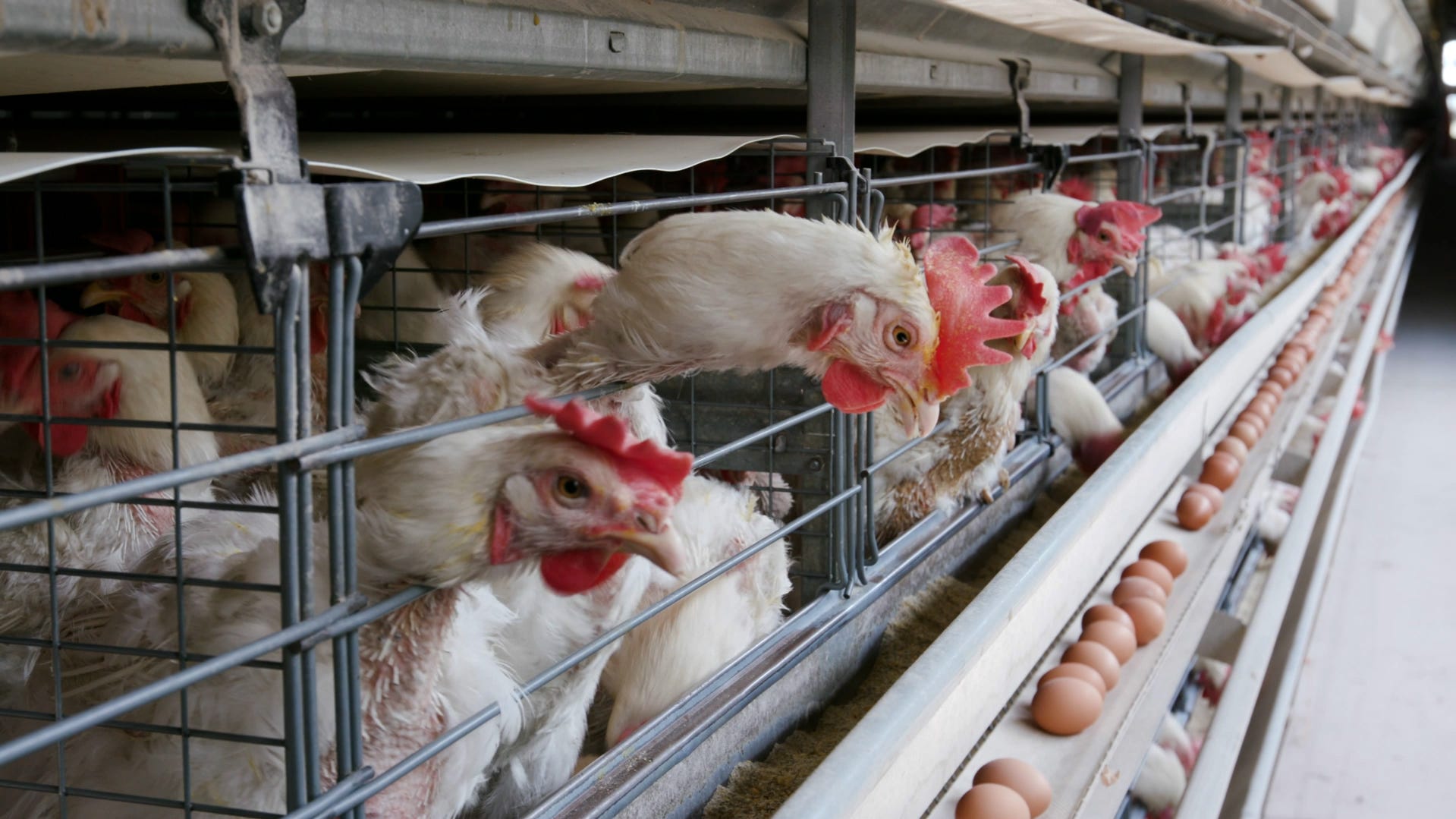First human death in US from bird flu reported in Louisiana; new outbreak reported in Iowa

A Louisiana patient who had been hospitalized with bird flu has died of the disease, the Louisiana Department of Public Health reported Monday.
News of the death came as Iowa reported its first bird outbreak of the year, On Monday, the Iowa Department of Agriculture said the state experienced its first bird flu outbreak of 2025, in a backyard flock with 60 mixed-species birds in eastern Iowa's Clinton County.
The Louisiana patient was over 65 and reported to have underlying medical conditions.
Known as HN51, bird flu in the current outbreak has resulted in the destruction of nearly 30 million chickens, turkeys and other birds in Iowa, the nation's largest egg producer, and 130 million nationally to prevent its spread, data from the U.S. Department of Agriculture shows.
It also has spread among dairy cows and has prompted concerns among epidemiologists that it could take a more virulent turn, causing human infections more serious than the mild ones so far reported in the U.S., mainly among farmworkers. They include one in Iowa in an unnamed person who was exposed to infected birds while working with a commercial flock in northwest Iowa.
The Louisiana patient became ill after contact with a combination of a backyard flock and wild birds, the state health department said in a news release. It declined for privacy reasons to release more information about the patient.
No one else appears to have been infected, either by birds or the patient, the department said.
While the current public health remains low, people who work with birds, poultry or cows, or have recreational exposure to them, are at higher risk. To avoid exposure, experts say, avoid direct contact with wild birds and other potentially infected animals.
Bird flu has been traveling around the world since 1997. It was largely confined to wild birds until recent years.
It has infected more than 60 people in the U.S. this year, most with symptoms typically characterized by the red eyes of conjunctivitis. The Louisiana patient was the first to suffer severe disease, likely because of age and other health conditions.
The patient also was infected with a flu strain from wild birds, not the one circulating in dairy cows and most poultry farms, officials said last month. It's not clear if that strain is more dangerous or if the route of transmission made the infection more serious.
Around the world, bird flu has killed about half of people known to have been infected.
If you believe you may have been exposed to bird flu either from wild birds or infected livestock, be on the lookout for respiratory symptoms or conjunctivitis, the Louisiana Department of Public Health advises. If you develop these symptoms within 10 days, call your health care provider to say that you have been in contact with sick animals and are worried you might have bird flu. This will help them provide advice on testing and treatment. Stay home and away from others while you have symptoms.
The department also recommends the following:
- Do not touch sick or dead animals or their droppings and do not bring sick, wild animals into your home.
- Keep your pets away from sick or dead animals and their feces.
- Do not eat uncooked or undercooked food. Cook poultry, eggs and other animal products to the proper temperature and prevent cross-contamination between raw and cooked food.
- Avoid uncooked food products such as unpasteurized raw milk or cheeses from animals that have a suspected or confirmed infection.
- If you work on poultry or dairy farms, talk to your provider about getting your seasonal flu vaccination. It will not prevent infection with avian influenza viruses, but it can reduce the risk of coinfection with avian and flu viruses.
- Report dead or sick birds or animals to the USDA toll-free at 1-866-536-7593.
Register staff writer Donnelle Eller contributed to this article.
(This story was updated to add new information.)